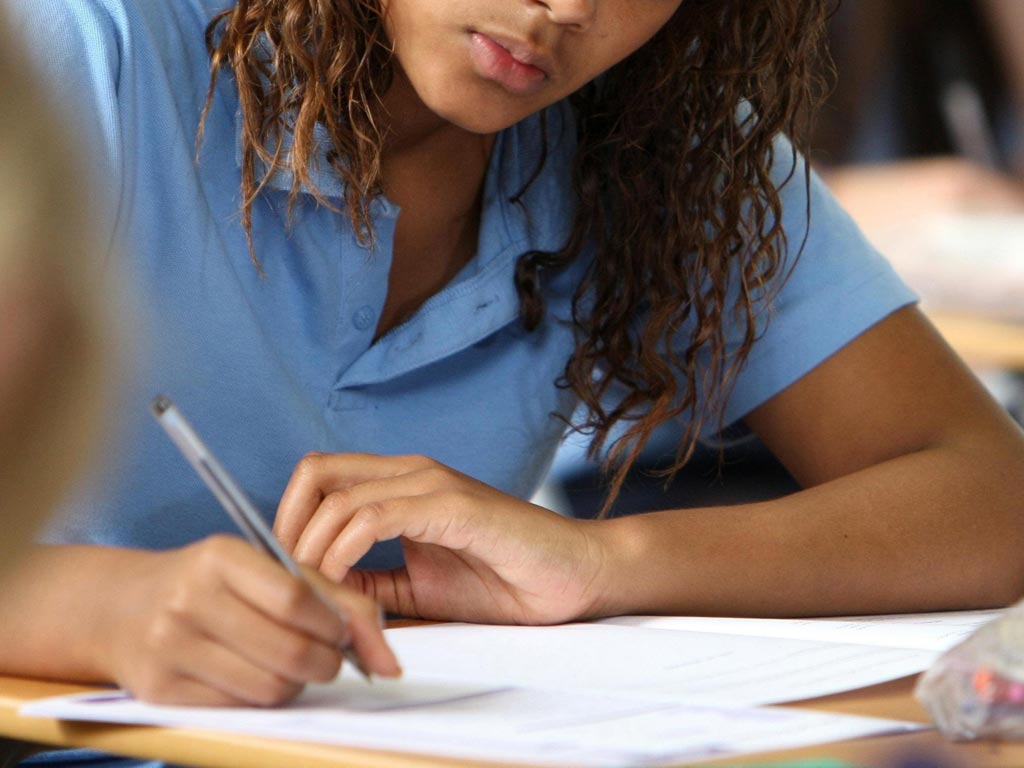Students' final grades at risk as university lecturers threaten the ultimate sanction: a marking boycott

Your support helps us to tell the story
From reproductive rights to climate change to Big Tech, The Independent is on the ground when the story is developing. Whether it's investigating the financials of Elon Musk's pro-Trump PAC or producing our latest documentary, 'The A Word', which shines a light on the American women fighting for reproductive rights, we know how important it is to parse out the facts from the messaging.
At such a critical moment in US history, we need reporters on the ground. Your donation allows us to keep sending journalists to speak to both sides of the story.
The Independent is trusted by Americans across the entire political spectrum. And unlike many other quality news outlets, we choose not to lock Americans out of our reporting and analysis with paywalls. We believe quality journalism should be available to everyone, paid for by those who can afford it.
Your support makes all the difference.Students’ final grades could be at risk if university lecturers follow through with a new threat to boycott marking as part of a long running pay dispute with universities.
Academic staff, represented by the Universities and Colleges Union, who have been striking intermittently since October 2013, said they were considering “the ultimate sanction”: to stop marking students’ work from 28 April in an attempt to renegotiate a new pay deal.
With dissertation deadlines and exam dates looming it is unclear as to how students would be able to graduate or progress with their degrees if the boycott were sanctioned.
A spokesman for the Universities and Colleges Employers Association said: “HE [higher education] institutions will certainly be disappointed that the UCU is still threatening a marking boycott, as this is action that is once again aimed directly at students’ education.”
Sally Hunt, the general secretary of UCU, accepted no such responsibility for disruption, and instead pointed the blame towards university employers.
“Throughout the dispute we have been calling on the employers to minimise disruption to students and sit down and talk to us seriously about pay. They have refused. It is their obstinacy that has forced our hand with the marking boycott,” she said.
UCU said that academics have been offered a one per cent pay increase for 2014-15, which would result in a real-terms loss of 13 per cent. since 2009. Adding further fuel to the fire is the 5.1 per cent pay increase received by university vice-chancellors, who now enjoy a handsome average salary of £235,000.
The union said that a marking boycott could still be avoided if the UCEA agrees to serious negotiations. It said that “they have so far refused to engage in any meaningful talks over pay, despite six strikes since October 2013 and increasingly vociferous complaints from students about cancelled classes and missed seminars”.
NUS President Toni Pierce told The Independent that the “ongoing and escalating dispute over the measly one per cent pay offer to staff made by vice chancellors now risks causing huge disruption to students.”
“Students want a speedy resolution to this dispute and we now urgently need to see both the employers and unions getting round the table and negotiating a fair and sustainable pay settlement. The prospect of students being punished for others’ mistakes by being denied their graduation is absolutely intolerable.”
Join our commenting forum
Join thought-provoking conversations, follow other Independent readers and see their replies
Comments